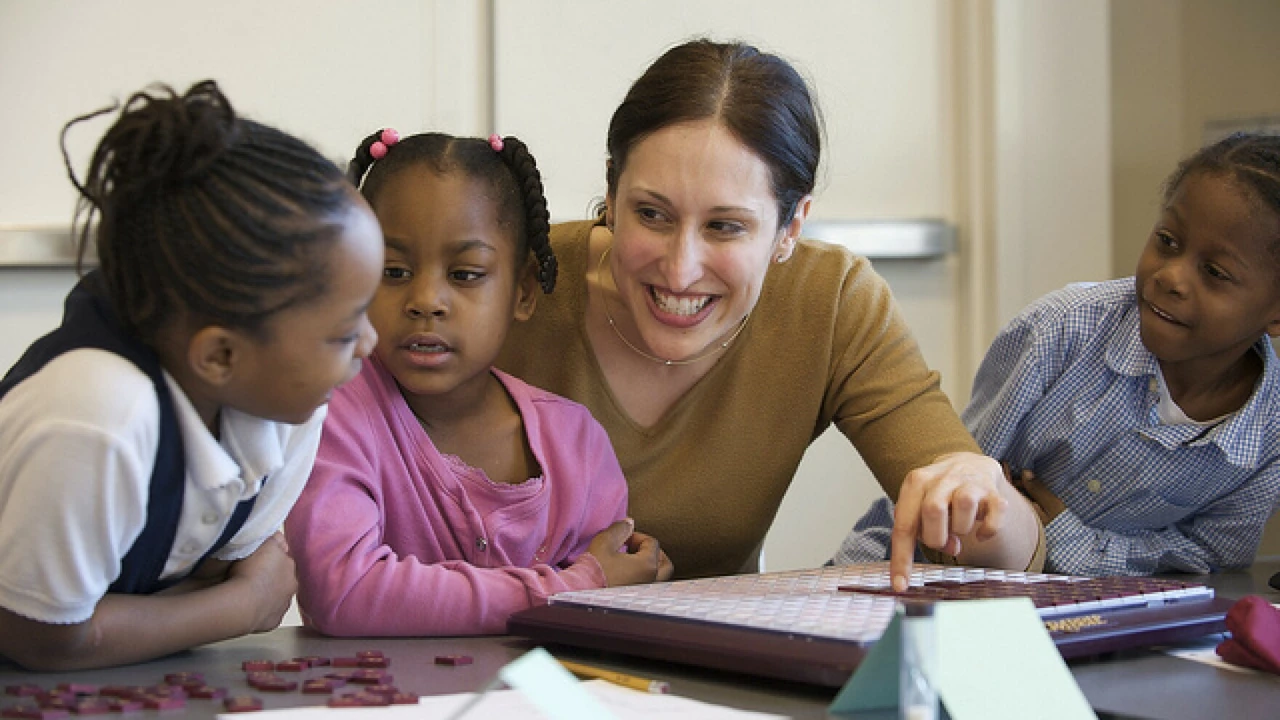Special Education Resources & Guides – Timeless Education Hub
Got a child or student who learns differently? You’re in the right spot. Special education isn’t a buzzword; it’s a set of tools, strategies, and attitudes that help every learner reach their full potential. On this page we’ll break down the basics, share actionable tips, and show how Timeless Education Hub makes inclusive learning easy to access.
What is Special Education?
Special education covers tailored instruction for learners with physical, cognitive, emotional, or developmental challenges. Think of it as a customized roadmap that meets each student where they are—whether they need extra visual aids, a slower pace, or hands‑on activities. The goal isn’t to label; it’s to provide the right support so learning feels natural instead of forced.
Common categories include autism spectrum disorders, ADHD, dyslexia, sensory impairments, and emotional‑behavioral needs. Each area may require different classroom setups, assistive technology, or teaching methods. For example, a dyslexic learner might benefit from fonts designed for readability, while a student with ADHD could thrive with short, interactive bursts of instruction.
How Timeless Education Hub Supports Learners
We’ve built a library of courses that address both core subjects and the skills that boost independence—like executive function, social communication, and self‑advocacy. All our content is created by educators experienced in inclusive classrooms, so you’ll find practical examples you can try right away.
Here’s how you can get the most out of the platform:
- Pick a skill‑focused module. If your student struggles with reading fluency, start with our "Reading Strategies for Dyslexia" series. Each video breaks down techniques into 5‑minute chunks, perfect for short attention spans.
- Use built‑in accommodations. Our player lets you adjust playback speed, enable captions, or switch to high‑contrast mode—no extra software needed.
- Join the community forum. Connect with other parents and teachers, swap resources, and ask questions. Real‑world advice often beats textbook theory.
- Track progress. The dashboard logs quiz scores and completion dates, so you can see growth over weeks, not just days.
Beyond courses, we offer free downloadable guides on creating sensory‑friendly study spaces, using visual schedules, and teaching self‑regulation techniques. All materials are printable and designed to work on any device.
For educators, we provide lesson‑plan templates that align with national special‑education standards. Plug them into your existing curriculum and save hours of planning.
Remember, special education is a team effort. Involve your child, teachers, therapists, and even siblings in the conversation. When everyone understands the why behind each adaptation, consistency follows—and consistency drives results.
Got a question that’s not covered here? Use the search bar at the top of the site or drop a note in the forum. We update our resources weekly, so you’ll always find fresh ideas to keep learning moving forward.
Ready to try something new? Browse the "Special Education" tag, pick a course, and watch your learner’s confidence grow. With the right support, every challenge becomes a stepping stone toward success.

What is the best special education programs in the world?
After extensive research, it's clear that some of the top special education programs globally include those at Vanderbilt University, University of Kansas, and University of Oregon, renowned for their comprehensive and inclusive approach. These programs are highly praised for their innovative teaching methods, tailored to assist students with diverse needs. They place an emphasis on creating an inclusive learning environment that nurtures students academically, emotionally, and socially. Furthermore, they also focus on training educators to provide the best support possible. It's inspiring to see such dedication to ensuring every student has a chance at a quality education.
more
